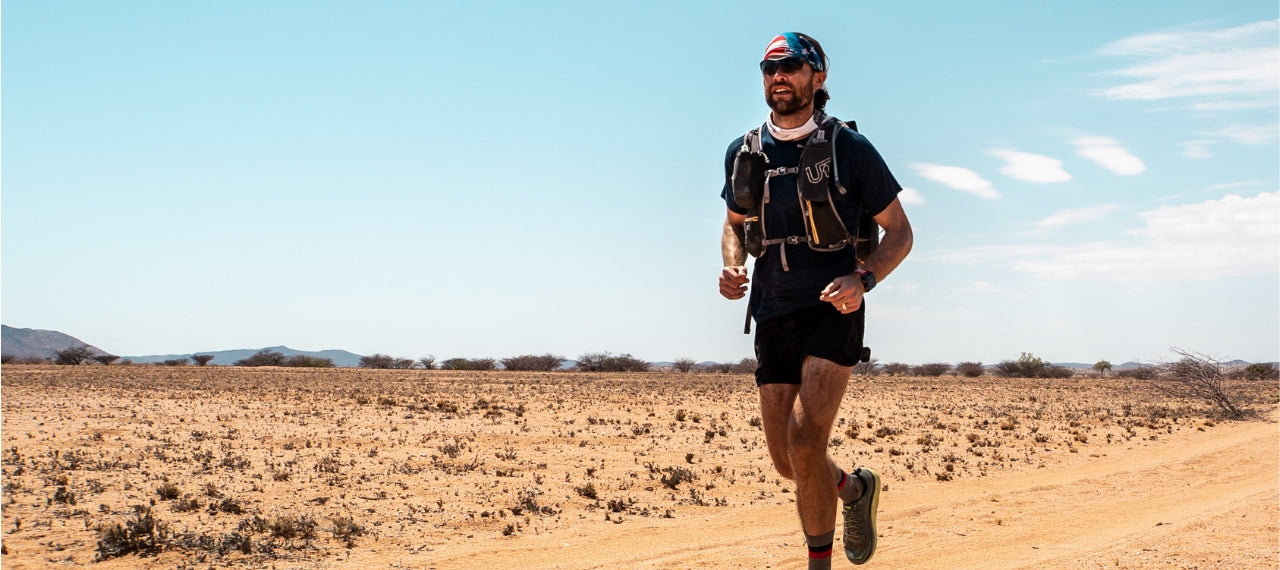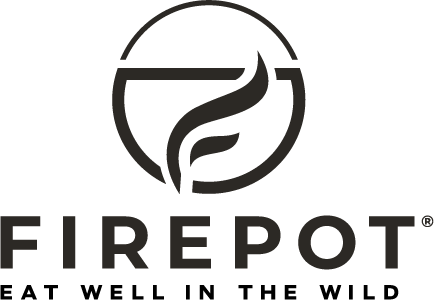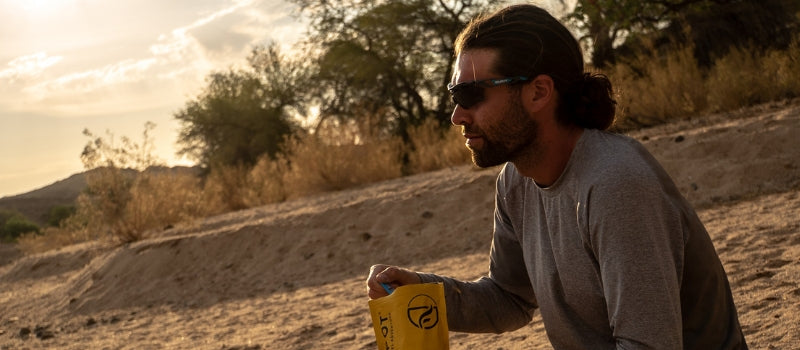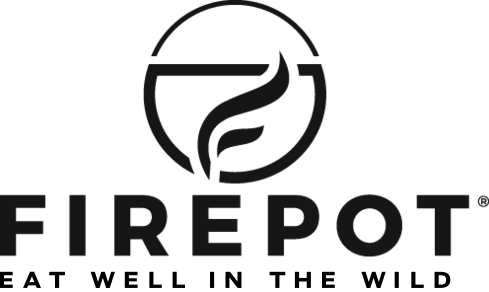
Nutrition for an ultramarathon: before, during and after
Not only did professional ultrarunner, Adam Kimble, come first place in 2018’s Beyond The Ultimate’s Desert Ultra in Namibia, but he also set a new course record. Fuelled by Firepot throughout the 250km-long race, he finished in 25 hours: running for over four hours at a time in temperatures that reached a blistering 35 degrees in the day, and dropped to freezing in the night. Firepot talks to Adam to find what nutritional steps he takes to prepare for and recover from such extremes.

Before
What three pieces of advice would you give to help prepare your body for an ultra marathon?
First, work out what kind of workload your body can handle and go from there. Nothing is going to prepare you better than time on your feet, so you have to put in the mileage.
Secondly, balance out the running with other physical activities such as cycling, yoga and weight training. This will strengthen you in preparation for the stress your body will go through while running. It’s just as important to get adequate rest and to take care of your body by promoting muscular recovery. I tend to use a foam roller or do stretching.
And finally, practice how you’re going to execute your race: wear the things you plan to wear during the race; eat and drink the things you’ll use for fuel; and simulate anything you can, to get you mentally prepared.
Why did you decide to become a pescatarian?
I never intended to cut meat from my diet until it happened organically, and it worked for me so I stuck with it. I’d always been curious about what taking meat out of my diet would affect my training, but it wasn’t until I travelled around Asia with my wife that we started to avoid it, after we were ill. This was around the same time that I watched some compelling documentaries about the food industry and the effects of eating meat. So I converted to a primarily plant-based diet and my body has felt great ever since. That was almost four years ago, and I’ve never looked back.
Are there any downsides?
I personally haven’t encountered any issues since becoming a pescatarian. If you’re conscious of what vitamins and minerals you might be missing, such a B12 or iron, you can usually find a way to supplementing them through plant-based foods.
Have you come across any diets that didn’t work for you?
What works for me might not work for another athlete, so there’s always going to be a divide in opinions and you have to find what works for you. In my opinion, being primarily plant-based forces you to make more health-conscious decisions and in return, you become stronger and healthier. I’m also a big believer in the power of carbs for endurance athletes. There are many athletes who perform well on a low-carb, high-fat diet. In short, find a sustainable, healthy diet that suits you, and you’ll be headed in the right direction.
During
When it comes to thinking about your food for the race, what do you prioritise?
The first thing I consider is the nutritional value each meal provides me with. Am I getting enough carbs? Protein? Salt and sugar? That’s where Firepot really stands out from most on-the-go fuel sources. Instead of freeze-dried food, the meals were dehydrated to maintain better nutritional integrity than if they had been cooked and frozen.
Secondly, it’s incredibly important to keep up with all the calories you’re burning in the hot desert. You need to pack as many calories as you can into your bag, without the weight dragging you down into the sand. I’d have three extra-large Firepot meals a day. Each serving had between 695-830 calories. The combination of those meals still resulted in weight loss due to the extreme heat and so much energy expenditure, but it kept my energy levels high from the start line all the way to the finish.
And lastly, having a variety of choices helps to keep your mind off everything you don’t have. As a pescatarian, I was thrilled about Firepot’s five different vegan options for me to eat throughout the week. Being able to rotate five different flavour options throughout the race kept me from getting tired of eating the same thing repeatedly.
What was your favourite meal?
The Vegan Orzo Bolognese. It was delicious, but also had one of the highest calorie options…win-win!
What other food other food or nutritional snacks did you rely on during the race?
It all depends on what point you’re at in the race and what the conditions are like, but I think it’s best to have as many things at your disposal as possible. For a self-supported race I don’t have the luxury of carrying everything I would like, so I try my best to pack light and convenient fuel sources, such as energy bars and electrolyte drinks. I use a company based out of Colorado called Skratch Labs and Clif Bar energy gels. Often, your body just tells you what it needs, especially late into an ultramarathon. For me, salted fruit, soda, and crisps are also good options for quick fuel sources.
How much water do you consume during a race line this?
It might vary depending on the heat and conditions, but around ¾ liter of water per hour is usually about the maximum my body can properly absorb and utilise.
How heavy is your rucksack at the start of the race?
For Beyond the Ultimate’s Desert Ultra, my starting rucksack weighed about 10 kilograms. Admittedly, that’s a lot heavier than I wanted it to be, but sometimes I trade in extra weight for the luxury of an extra pair of dry clothes to wear after running each day. It’s a personal choice, but it gives me a mental advantage so I feel it’s worth it.

After
Do you have a strict recovery diet?
Nope! After a race I allow myself to have something a little less healthy like ice cream. You need a lot of calories for a proper recovery, so why not eat what you love? It’s only after I’ve had a few of the indulgences that I shift back into my usual eating habits.
If you could take one indulgence with you on a future race - and it weighed nothing - what would that be?
It usually takes about one or two stages before I’m craving just about everything! For me, it’s normally the same indulgences that I allow myself to have post-race: pizza, ice cream, beer, and soda spring to mind! Having said that, pizza is a regular part of my diet and definitely not a ‘once in a while’ indulgence! As for beer and soda, those were the first two things I drank when I crossed the finish line of the Desert Ultra.
What new recipe would you add to the Firepot range and why?
As a fan of pasta, I would love to see a high-calorie mac and cheese available. It’s a nice comfort food and sometimes a little comfort is all you’re looking for when you’ve run over a 100 miles in the middle of a scorching hot desert!


